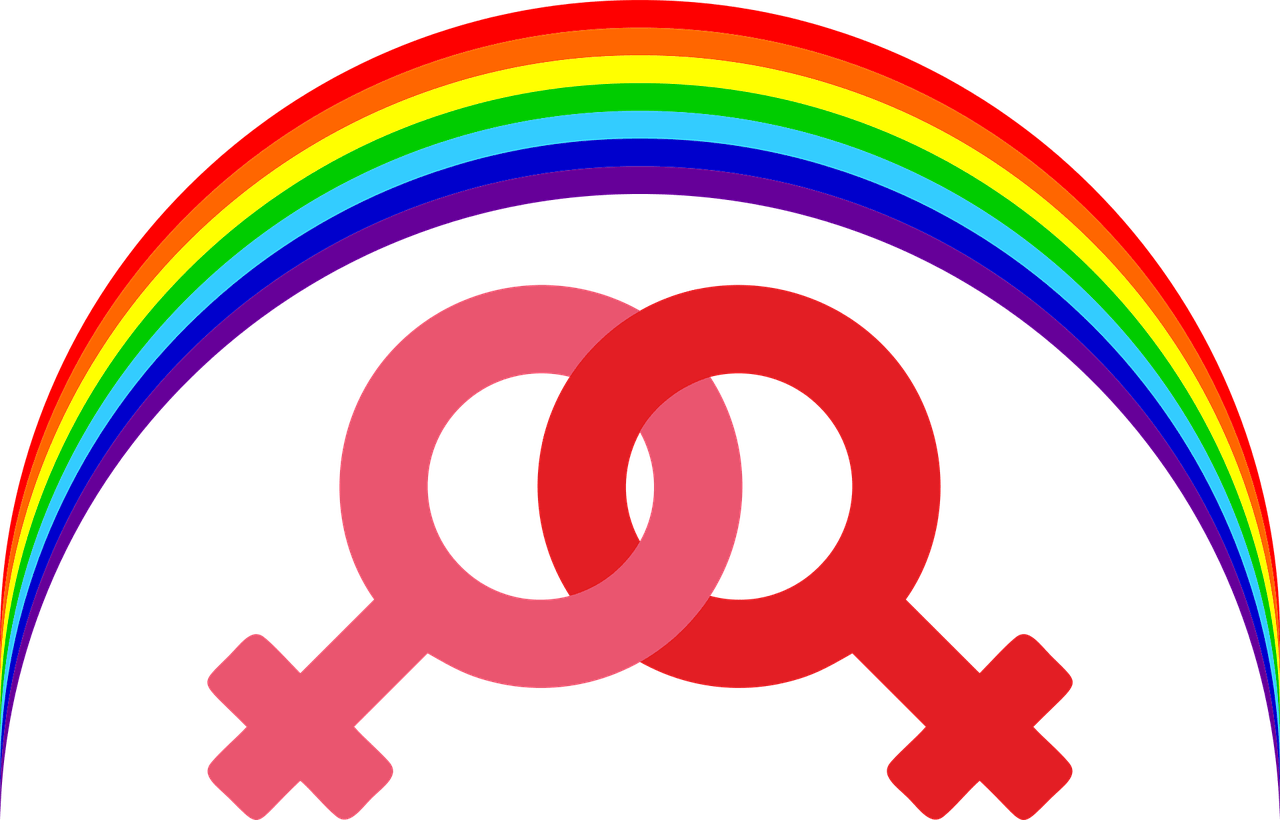Burkina Faso bans homosexuality

Some of the most recent news emanating from Ouagadougou is that an official ban has been put on same sex relations. Homosexuality has, therefore, been officially banned by the junta that came to power in 2022. The situation in Burkina regarding same sex relations is similar to what prevails in almost all African countries: Homosexuality exists, it even keeps gaining ground, but it is not talked about, openly and officially. Everybody knows that it is a fact but the whole thing is wrapped in a silence. In most cases, homosexuals can be identified in the community, people know who indulges in the practice, but a kind of ostrich policy prevails. It is common for university students, for instance, to say that they know the homosexuals and bisexuals on campuses. This recent decision makes Burkina Faso the latest country that has criminalized homosexuality.
One could see such a decision coming, since the Minister of State Bassolma Bazié emphasized in his speech at the 78th session of the UN General Assembly in September 2023 that homosexuality is not and will not be tolerated in Burkina. Certain African countries, and West African states precisely, have recently outlawed same sex relations. The case of Ghana is still fresh on many people’s mind. During her visit to Ghana in March 2023, US Vice President Kamala Harris made the legalization of homosexuality one of the main points on her agenda. She stated that aid to Ghana would be attached to the acceptance of the LGBTQ+ community in Ghana. That proposition met with hostility in the country, since the vast majority of the population is opposed to homosexuality. Vice President Harris’s visit coincided with a period when Ghana was in dire need of financial assistance. An official solicitation of aid from the IMF was, allegedly, pending, when the US Vice President made that move. The denouement of the situation occurred when the Parliament rejected the American suggestion and passed the Human Sexual Rights and Family Values Bill which recommends practices and habits that are heterosexual. The bill was aiming to reinforce the structure of the “orthodox” family, which means a marriage between a man and a woman, who could have children. The bill proscribes LGBTQ+ activities and criminalizes their “promotion, advocacy and funding”. It is said to promote and defend “proper human sexual rights” among others.
The case of Burkina is slightly different because no Western power meddled in the matter. Burkina is known as a country that did not inherit anti-gay regulations from her colonial power, France. The decision is a recent one, taken by the government in power. The roots of the new law could be traced to the religious “architecture” of the Burkinabè population: 64 per cent are Muslims, 26 per cent practice Christianity and 10 per cent are described as traditionalists or people with no religious affiliation. In a country where the majority of the population are Muslims and Christians, a ban on homosexuality does not come as a surprise.
A look in the sub-region shows that a heavy punishment is imposed on the LGBTQ+ community, and examples are Uganda and the Gambia. Death penalty and long-term imprisonment are some of the sanctions. One of the commonalities lies in the fact that Burkina reinforces this new law by giving family values a priority, as Ghana did. New and solid ties with Russia and the revolutionary “colour” of the current Burkinabè authorities are often cited as factors that contributed to the adoption of this new measure. Burkina Faso severed almost all ties with France and embraced a multi-tentacular cooperation with Russia and Russia is said to have been cracking down on what it calls “non-traditional sexual relations”. It seems like anti-gay attitudes and sentiments are more likely to prevail in countries that adopt a “revolutionary” penchant. Cuba is an example, with former President Fidel Castro who found homosexual relationships as “unimaginable”. The current anti-gay general situation of Russia (where homosexuality was decriminalized in 1993, a period close to the dismantling of the Soviet bloc and the adoption of somehow pro-Western laws and habits) could also be related to that anti-Western inclination which currently prevails in the country, with President Putin’s presidency. One could be tempted to say that the criminalization of same sex relationships in Burkina Faso stems from the traditional values of the country, its religious makeup, and probably the current revolutionary and pro-Russian choice made by the country. I think that the first two explanations are more plausible. A Personal and Family Code (CPF in French) was put in place. The decision became clear when the Burkinabè Minister of Justice, Edasso Rodrigue Bayala said a few days ago: “From now on, homosexuality and related practices are prohibited and punishable by law”.
What many analysts are currently focusing on is the gesture of Brenda Biya, the 27-year-old daughter of Cameroon’s president, Paul Biya who has been in power since 1982. Brenda Biya came out as a lesbian and that was captured in an Instagram post on 30 June this year. It caused mixed reactions. She, allegedly, said that her coming out as a lesbian might help in the reconsideration of the laws of Cameroon, where same sex-relationship is banned.
This decision of Burkina Faso and Brenda Biya’s gesture seem to be the most recent developments in the debate and attitudes towards the LGBTQ+ community and “identity” in Africa.
Moussa Traoré is Associate Professor at the Department of English of the University of Cape Coast, Ghana.







Burkina Faso
64 % Muslim population
26% Christian population
Ghana
70+% Christian population
17 % Muslim population
Are Christian dominated nations more tolerant of homosexuality? Why so?
Just thinking aloud 🤔
Is criminalization the ‘cure’ or a better alternative exists?
In the prisons, will the homosexual live in isolation or in community with others who may also be homosexual?
How true are the many reported cases of ex-convicts claiming to have been initiated into the homosexual act while in prison? Can imprisonment them be the solution?
Surely, African reject negative Western cultures that are inimical to our societies. Why is West to bent of forcing us to accept their twisted ways?
Who deceived Africans into believing that Polygamy is a sin but homosexuality is a Right???
The health implications of homosexuality are enough bases to ban. That’s my view.
The discourses on Homosexuality should be free from emotions and religious edits.
What does science say?
By the way,
Why are African leaders, academic, traditional rulers, politicians etc so angry with homosexuality but VERY tolerant of corruption, which kills more than homosexuality??
Perhaps if we could channel half of the energy for promoting anti-gay sentiments into fighting political mis-leadership and corruption, our nation would be the better for it.
🤔🤔🤔🤔🤔🤔🤔
A good article this is
Wow what a fresh article!!!
It delves us into a large ground of thinking.The ban of LGBTQ+community,is it about preventing people who are involved in those practices from their basic rights or is it about preserving the ancient traditional and cultural values?
Thanks a lot.
I personally see the Human Sexual Rights and Family Values Bill in Ghana as a case of politicians across the political divide pandering to the desires of the general populace rather than seeking to do anything sensible with their time. The more you actively try to stop something, the more power you give it.
Burkina Faso is just doing what any underdeveloped, religious country in Africa is likely to do in such a situation. I like that the article provides the writers overview of the situation rather than an opinion or preference. Well done. 😃✊👏🏿